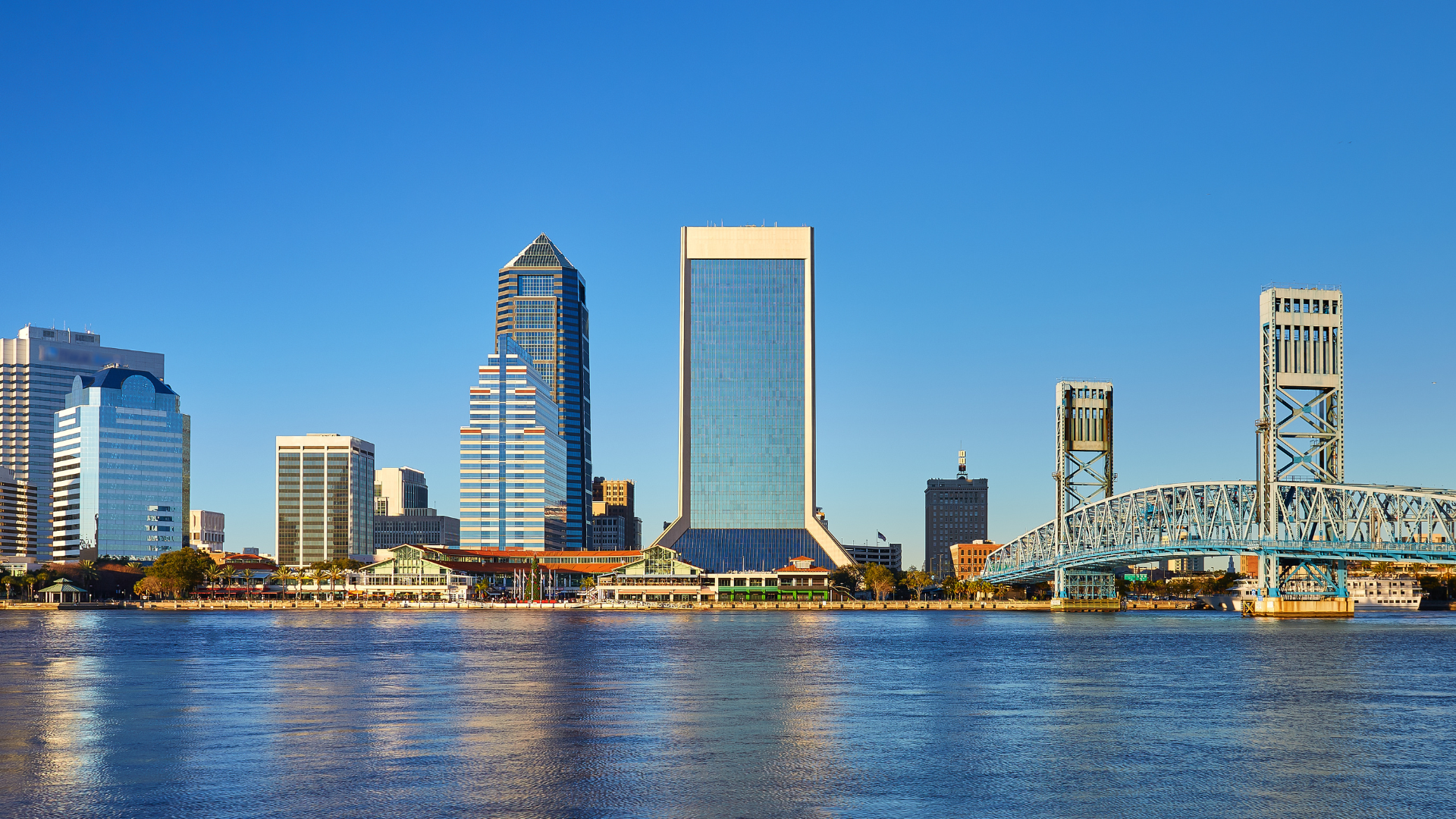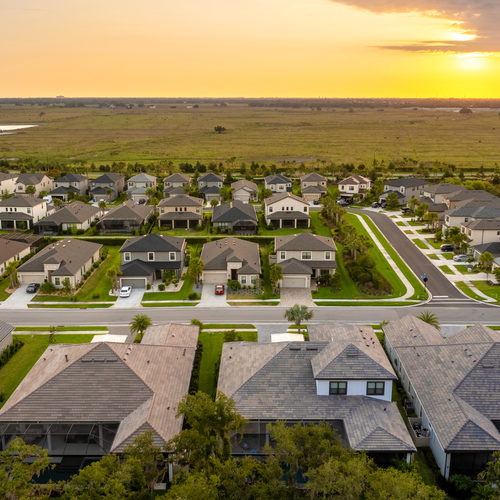Jacksonville feels less like one sprawling city and more like a patchwork of beach towns, riverfront districts, and oak-shaded suburbs connected by bridges and mile-wide waterways.
One minute you could be sipping coffee downtown beside the St. Johns River; twenty minutes later, watching surfers ride morning waves at Jacksonville Beach. This diversity also means safety can change from block to block, so checking the freshest crime data is a smart first step before narrowing down homes for sale in Jacksonville.
Search
Recent Posts
Share My QR |
|
Success!



